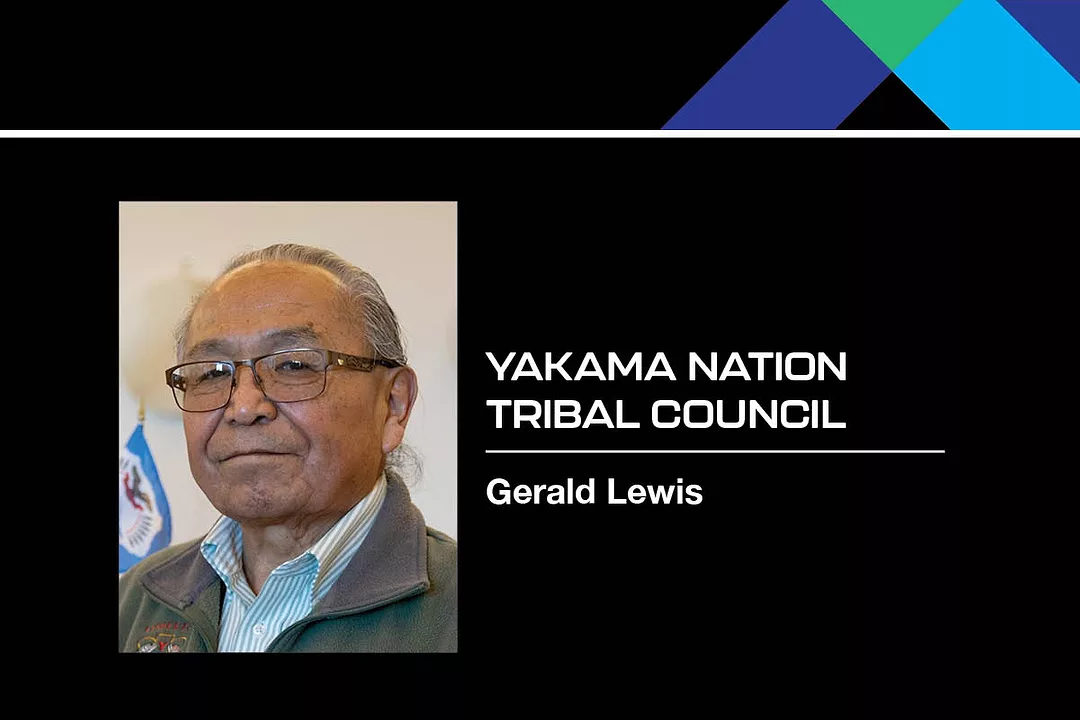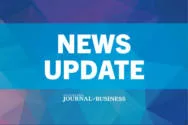
Home » Yakama Nation seeks to protect, preserve Hanford’s indigenous land
Hanford 2025
Yakama Nation seeks to protect, preserve Hanford’s indigenous land

April 14, 2025
Since time immemorial, generations of the 14 tribes and bands that form the Confederated Tribes and Bands of the Yakama Nation (Yakama Nation) have inhabited what is now known as the Pacific Northwest – tracing activity clear along the Columbia River into neighboring territories, our people sought safety and care from the land. We sought out locations to thrive for generations to come, which included the Hanford region.
The Hanford region serves as a traditional, honored space for the Yakama people. Currently, there are Tribal Council representatives with family history and names derived from the bluffs within the Hanford region, with some never being permitted or able to step foot in their ancestral homelands until recent years. We have traditional foods, prayers and stories that come from this land. I am happy to be witness to the recent work being accomplished that has allowed current generations to explore the same rolling landscape and ancestral lands our predecessors resided, hunted and gathered within.
Attempting to engage and care for the land since the introduction of hazardous materials has been a goal for many years, and it will continue to be a goal for years, potentially generations, long after I am gone. Many iterations of the Yakama Nation Tribal Council, program leadership and administrators have interacted with Hanford in one way or another, an effort that shows the work being done is not solely based on an individual’s interest but rather, it is in the interest of our people and for generations past, present and future.
We continue to be vocal in our interest in protecting the land and what it provides for us – and how we may struggle with encountering the perspective that the concerns on this land may not be a priority for others as it is for us.
Lalíik
A major milestone of recent years has been our people’s reintroduction to the land we refer to as Lalíik. In December of 2023, for the first time in over 70 years, members of the Yakama Nation participated in an elk hunt that served as a traditional source of nourishment for our longhouses, community-centered programs and other centers for community outreach.
While this hunt was able to provide for our tribal membership, it also benefited the local region due to the inflated elk population within Hanford. At times, elk wander from the site and either enter private property or enter roadways leading towards Vantage. The damage this can cause for nearby communities, including vehicle and landscape damage, can be detrimental. In addition to benefiting those nearby, the hunts provided aid for the land of Lalíik itself. As there are many, many elk for such a small section of land – being home to an excessive population of elk creates a negative impact on the flora, grasses and shrub steppe. Since the success of this hunt, members of our longhouses visit Lalíik to gather traditional foods for upcoming ceremonies.
The Hanford Reach location, and those associated with it, allow an opportunity for a fall Chinook salmon tagging study and consistent monitoring for the Yakama Nation Fisheries program and interested parties.
Accessing this site to serve as the starting point for information gives insight as to how the fall Chinook salmon populations fared when leaving to the ocean and their efforts to return at the end of their life cycle. As it is likely known, the salmon is one of our First Foods – a food that we honor and recognize annually along with the seasons. Referenced in the Treaty of 1855 with the United States, protecting and restoring salmon populations and their habitats is a priority for the Yakama Nation government. Without the work being done by those at Hanford and Yakama Nation fisheries, we would not receive this influential information. I am proud to learn information gathered from this effort and witness steps being taken to address potential conflicts in the region.
Speaking up for those who can’t
Moving forward, I hope to see a shift in how the involvement of tribal nations is viewed. The Yakama Nation is a federal, sovereign government within the United States; our federal and traditional recognition to the area should serve as justification to permitting Yakama involvement or input when looking for solutions within resource and land management.
Whether discussing solutions of containing the remaining toxins at Hanford from the nuclear facility, discussion of proposed developments on the site, or anything that may potentially impede on our ability to access our traditional resources, there needs to be a space for the Yakama Nation and its people to speak up on behalf of those who can’t speak – the lands and the resources within.
Generational teachings
The Yakama people, all who are born under one of the 14 tribes and bands associated with the Yakama Nation, have thrived for generations due to the traditional and cultural knowledge we inherit once we begin to walk this earth. Generational teachings have taught us many subjects that modern science would not address: the importance of honoring and recognizing our traditional foods, and most importantly, the importance of protecting and restoring these lands that both provide nourishment and provide space in which we can consider home.
As western society continues to search for the best solutions in a wide array of discussions, whether developments or cleanup efforts, the traditional resources involved deserve to stay at the forefront of decision-making. The Yakama Nation, including its government and members, will continue to seek restoration and management solutions that will serve in the best interests of the land, the community, and the knowledge held within the Hanford area.
Gerald Lewis is the chairman of the Yakama Nation Tribal Council.
Hanford
KEYWORDS April 2025
Related Articles
Related Products





